Reddit to the rescue: You heard you can make bank by playing games or watching vids on an app. Before you download anything, search “[name of the app] Reddit” and look for recent posts. You’ll get feedback from real people, not sites that want to sell you stuff.
How to deal with a cyberstalker

Let me tell you, more and more victims of cyberstalking are reaching out to me for advice using my Ask Kim page. Here’s one note I received recently from P.W. in Oklahoma:
“I’ve been cyberstalked for three years. I recently discovered it was my roommate. I moved out and he launched another attack. He’s on my and my fiance’s phones, Wi-Fi, Bluetooth — everything. He has stolen financial data, pictures, erased accounts, taken over emails and harassed me through VOIP. … He admitted to sitting outside our house all night. I thought he was spying on me. Now I know he was also gaining access to my Wi-Fi. I can’t do this anymore and need expert advice/help terribly.”
This is truly awful. First, it’s always a good idea to file a police report. This way, you have things on record. Unfortunately, the police won’t come into your home and lock down your digital life — but you have me.
The good news: There’s a lot you can do right now to lock out a jerk. The bad news: It’s a lot of work, but I promise you it’s worth it — and it’s so much better than sitting around wondering what your stalker will do next.
Start with a list
What accounts, passwords and devices do you believe he has access to? Sit down and make a list of all you can think of. Check your browser’s saved passwords for inspiration.
One by one, sign out of each account on every device, then change every single password. A password manager will help you generate new, strong passwords no one can guess.
Just to get you thinking, here are some other sites and platforms you should check and update your passwords for:
- Every email account you have.
- Banking, Social Security, 401(k) and other financial sites.
- Social media accounts, along with sites like Nextdoor.
- Cloud storage platforms, including Apple iCloud, Google Drive, Dropbox, along with any online backup accounts.
- Online shopping sites or anywhere else you’ve saved or entered your credit card information (think streaming media).
- Any apps you use on your phone or tablet.
I have steps here to change your password for several major sites, including Amazon, Netflix, Facebook and Spotify.
Upgrade your router
So many people forget just how much info someone can access if they know the login info for your router. Theoretically, they can see what you do online and what devices are connected.
Ask Kim: 'Is my new online friend tricking me?'

I got a call from Jim in Sacramento about a new friend he met on Facebook. She messaged him out of the blue and they hit it off (just friends, he’s married). Now, she’s introduced him to her aunt, who happens to be great with crypto.
Thousands on imposter websites are stealing your banking info
Scammers are operating websites masquerading as major brands. I’ll tell you what to look out for, in one minute.
Newest scam making the rounds: If you have automatic deposits enabled with your banking or financial institutions, cybercriminals can put money into your account. Why is that bad, you ask? They’ll immediately follow up with a sob story email asking you to send it back via a phishing link, effectively stealing your login info in the process. Don’t click any random links, and turn on 2FA for your banking logins.
5 texts you must ignore this holiday season

Scammers draw from a bottomless bag of tricks to get you to hand over your money. They dramatically ramp up their actions when there’s a global event or an upcoming holiday. Not even Veterans Day is safe. Tap or click here for a story that proves criminals have no shame.
The worst money apps for your data revealed
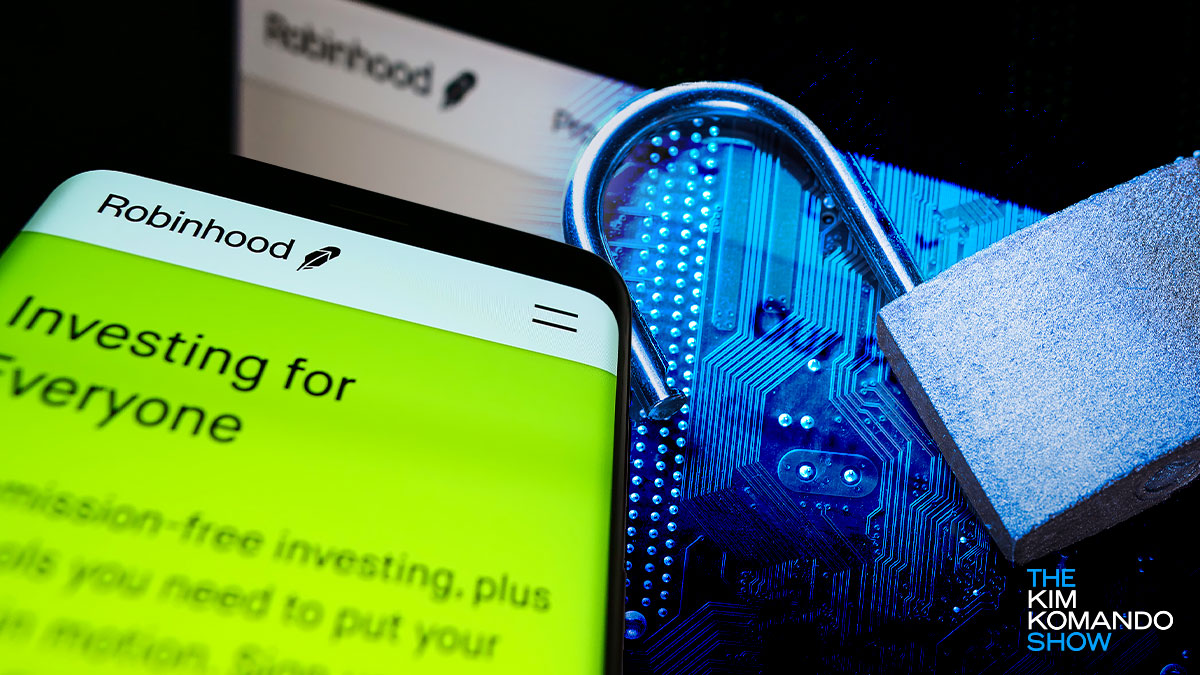
I can’t remember the last time I went into a bank. No reason to now that I do it all from my phone. We trust banking apps to keep our financial info safe and secure — but what about privacy? Oh yeah, that.
Merchant Machine reviewed the privacy policies of today’s top banking and finance apps. Researchers found that the 20 worst offenders take an average of 20 unique types of data. Major yikes.
Ding-ding-ding! Sign up for text and email alerts from your bank. I do, and, yes, it’s a bit annoying to approve purchases I’ve made, but it’s also notified me a few times someone got their hands on my card. In your banking app, go into Settings and look for Alerts or Notifications.
This doesn’t make cents: Jeff Drobman got a slew of urgent-sounding Bank of America text messages. The Los Angeles man tried to call the bank but had no signal. He’d been SIM swapped, and hackers stole $21,000 from his BofA account. PSA: Choose facial recognition over 2FA in your banking app, and contact your carrier immediately if your signal suddenly drops.
55% of Americans have been scammed - Keep yourself safe online and offline
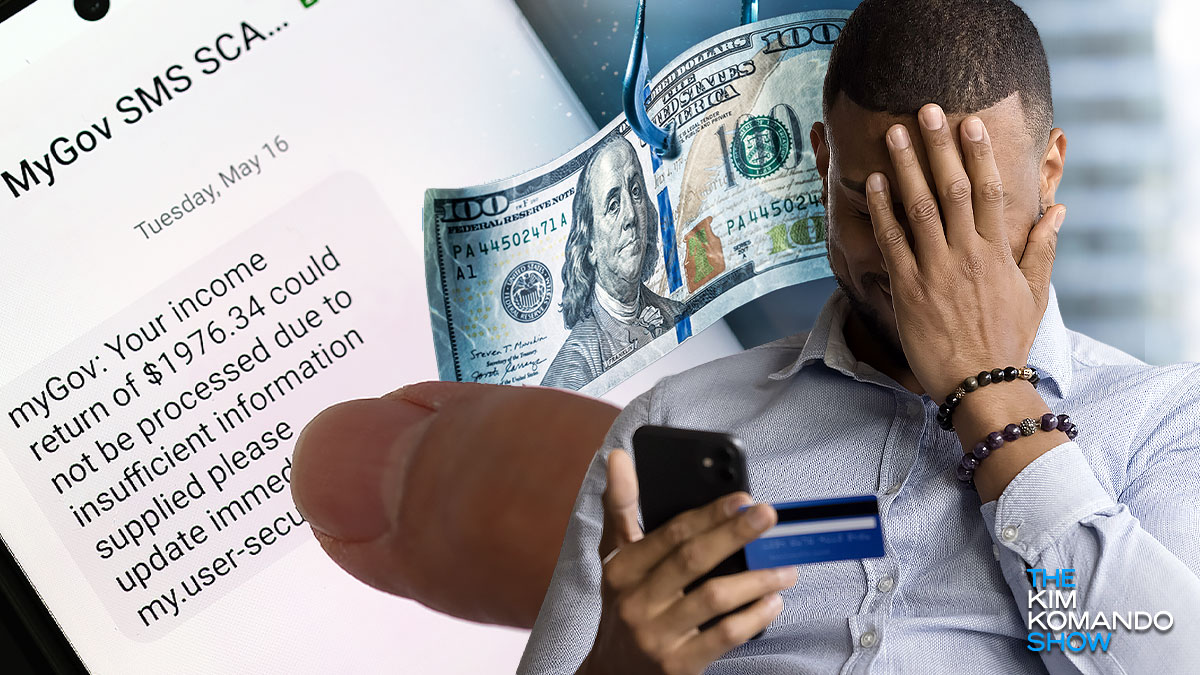
It’s my job to help people with their digital problems, and it’s sad how often that means assisting folks to sort out a scam. Or even being the one to break the news to them.
Sorry, that new girlfriend isn’t into you. She just wants your money. It happens more often than you’d think — to men and women alike.
FBI warning: Crooks are using this new tech support scam

One of the most important parts of my job is making sure you know what criminals and cybercreeps are up to. Enough people fall for this junk — I don’t want you to be a victim, too.
The FBI is warning about tech support scams that robbed folks of a whopping $542 million in just the first half of 2023. It all starts with a notification that looks like it’s from your bank or even the government warning of a computer hack. You guessed it. They’re fake.
My home was broken into. What am I supposed to do now?'

Each year in the U.S., there are an estimated 2.5 million burglaries. If this has happened to you, you know the fear and anxiety you feel after a break-in.
What should you do in the moments after discovering your home has been broken into or hearing someone come in? Knowing the steps to take in a moment of fear is hard, so it’s important to have a solid plan. If it never does, great news. If it does, you’re a little more prepared.
Lost an important text? Here’s how to get it back on your iPhone

Your phone holds your banking credentials, credit card info, and maybe even photos of identifying documents such as your driver’s license and passport. That’s why malware-laced apps can cause so much damage. Tap or click here for 13 dangerous apps disguised as helpful cleaning software you must immediately remove from your phone.
Divorcing your spouse: How to safely remove them from shared accounts

When you host a show on over 400 radio stations in the U.S. about all things tech, this question comes up quite a bit: “How can I tell if my partner is cheating?”
My best advice is to have an honest conversation with your partner, with the support of a couple’s therapist. Still, cheating does leave a ton of tech breadcrumbs. You have to know where to look.
This Twitter scam is a smart way to steal bank passwords - Don't fall for it
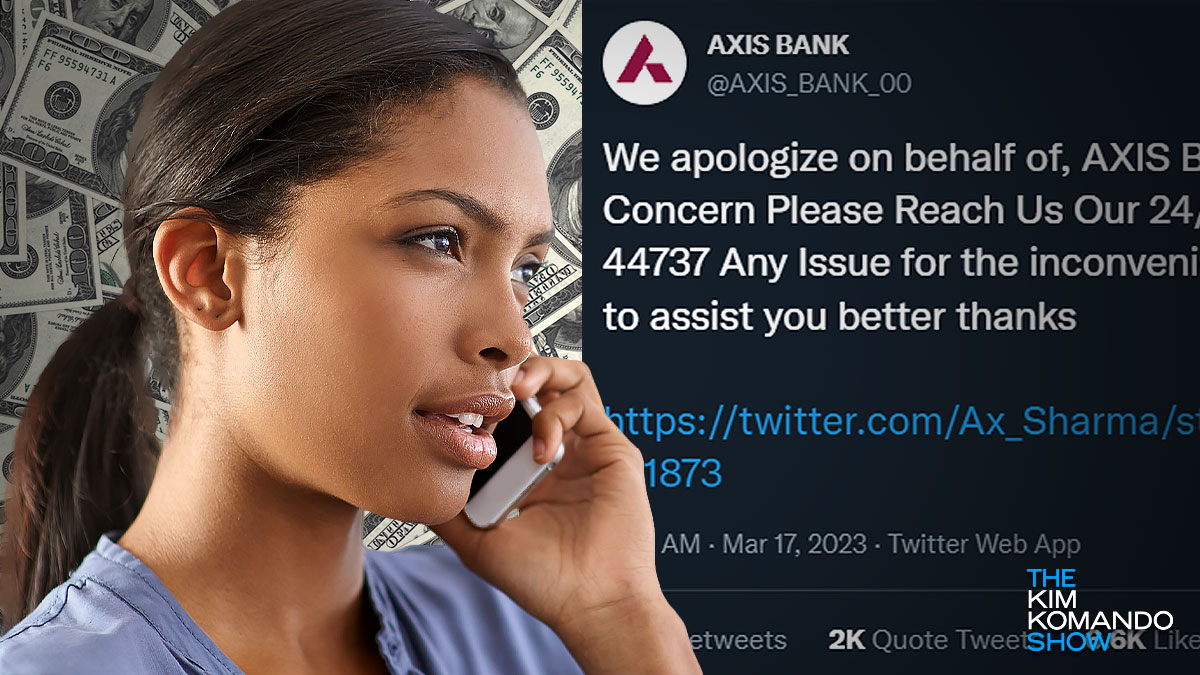
It was bound to happen sooner or later — social media platforms are monetizing membership by adding subscriptions for services you’re used to getting for free. Here’s what’s changing and how you can save your money.
Nasty malware can steal login credentials for 400 banks
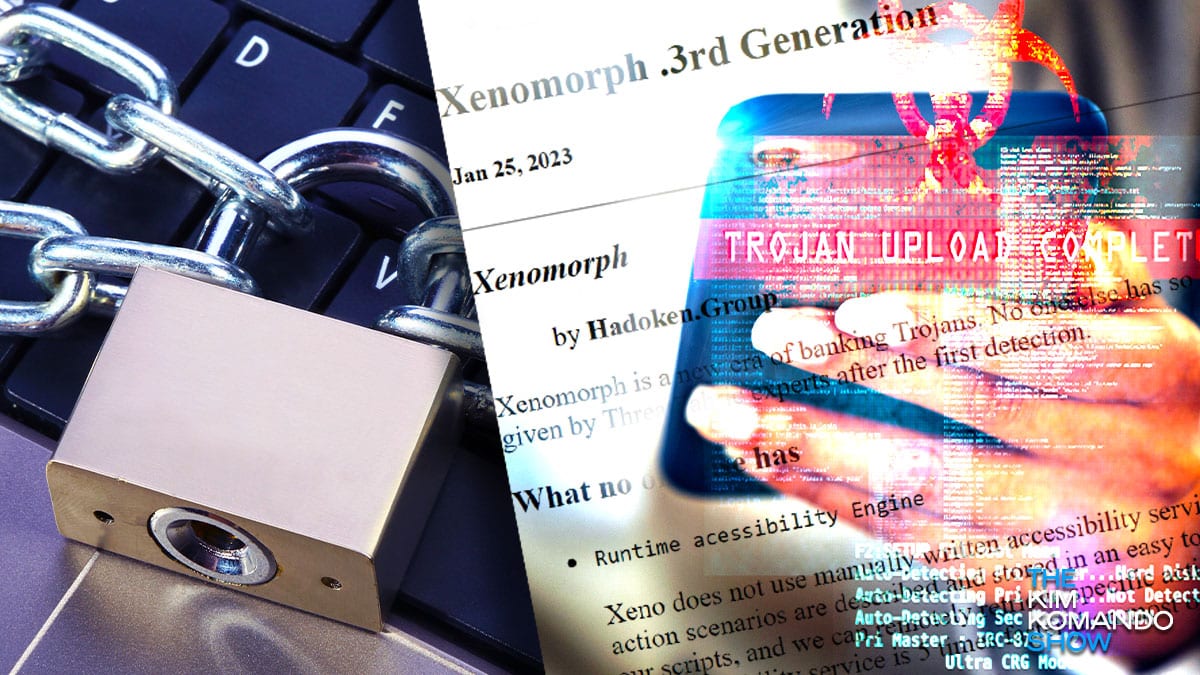
Malware can be used for many nefarious things. The scariest way it’s used is to steal banking information. Now, hackers are going straight for the financial reward, sidestepping the usual methods for data extraction.
Want to be a mystery shopper? These are the best companies in 2023

What is a mystery shopper? Essentially, they’re like corporate quality control for brick-and-mortar retail and food establishments. They’re sent in anonymously and asked to behave like a regular customer and provide a thorough report on their experience. They sometimes make price comparisons with competing companies.
Traffic cameras can now ticket you for having a loud car

You know you’re under surveillance at the airport, in a bank or federal building, but watchful eyes extend far beyond that. Depending on where you live, the government could be keeping tabs on you from the moment you leave home. Tap or click here for the top 10 most surveilled cities in the U.S.
Security warning: Watch out for Social Security scammers
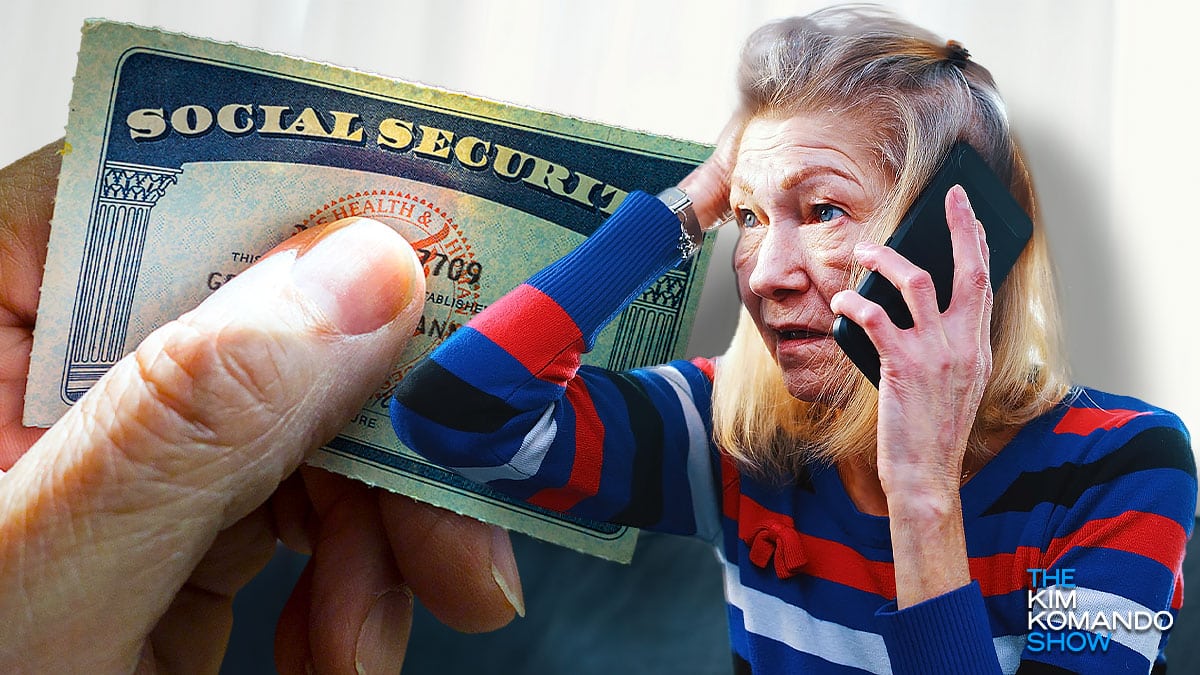
Since much information is tied to your Social Security number, scammers often look for ways to get their hands on it. A recent change to Social Security benefits has scammers out in full force, and you must know how to protect yourself.
Smishing is spreading - How to spot it

You’re putting yourself at risk if you aren’t up-to-date on the biggest scamming schemes. There are a lot of widespread cons that many people don’t know about. Tap or click here for seven new scams to watch out for.
Take smishing, for example. While it isn’t all that new, it’s still not the most well-known term. But it’s a spreading issue that threatens anyone who owns a smartphone, so it’s best to find out what it is now.
